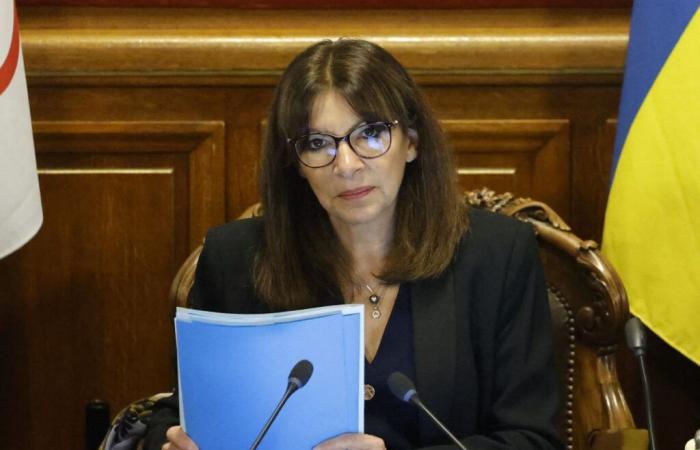
This is the end of a long and tedious job. After almost 4 years, more than 50 public meetings and 50,000 proposals, the revision of the local urban planning plan (PLU) of Paris was adopted by the elected officials of the capital. This new document, which governs construction rules in particular, will have numerous consequences on both social housing and Airbnb rentals.
Even more social housing
While the SRU law requires large cities to respect a social housing quota of 25%, Paris is very close to meeting this objective. But the town hall aims even further. The new PLU, called “bioclimatic”should enable the city to achieve its own objective of 40% public housing, including 30% social housing, by 2035.
Read alsoHow Paris wants to reach 30% social housing, and why it risks being complicated
To do this, the new plan intends to rebalance the disparities between the west and east of Paris. Indeed, while in the east of the capital, the 19the district had 45.2% social housing in 2023, the VIIe district, to the west, had only 2.3%. For the least endowed neighborhoods, called “hyperdeficit zone”brand new construction of more than 500 m2 will now have to provide up to 50% social housing.
A new measure which makes the Parisian right jump, which accuses these rules of slowing down “real estate development” and contribute to the “scarcity of private supply”according to a press release from the Changer Paris group. To counter the municipal majority, Rachida Dati's group proposed the creation of “private housing deficit area”for districts with more than 40% social housing. An amendment widely rejected by the allies of the PS mayor.
New construction rules
No more buildings in Paris. While the construction of the Triangle Tower continues despite the controversies, the maximum height of constructions goes from 180 meters to 37 meters. A return to the limit which existed in Paris since 1977, but was removed in 2010. Nevertheless, the PLU plans to encourage the raising of already existing buildings, with the objective of creating 1,000 new housing units per year.
Also, any construction project of more than 5,000 m2 must contain at least 10% housing. In other words, the City wants to put an end to buildings composed solely of offices. “ There is a pure and simple ban on establishing offices in the west and center”welcomes Émile Meunier, elected ecologist of the 18the arrondissement. “The current municipality wants to continue to densify Paris with social housing, even though we are already one of the densest cities in the world”squeaks Jean-Pierre Lecoq, LR mayor of VIe arrondissement.
Another victory for the Greens, the ring road will also be entitled to new rules. According to the new PLU, it will now be almost impossible to build in a zone of 25 meters around the main road. The right proposed extending this ban to 150 meters, just to awaken the fractures between Anne Hidalgo's environmentalist and communist allies: an amendment rejected again.
Nearly 900 “pastillé” buildings
To accelerate the construction of social housing, Paris City Hall has developed another tool: “pellets” were affixed to nearly 900 buildings in the capital, in its new PLU. More than double the number of plots “pellets” since 2006. In the event of major work on these buildings, the developer will be obliged to reserve part of their building for housing.
A measure that does not pass for many professionals, while 300 “pellets” of office buildings have already been contested. The measure is accused of causing a massive loss in value of these real estate assets – at least 30% – and of scaring off foreign investors.
New brakes for Airbnb
With the final adoption of the Le Meur law, known as « loi anti-Airbnb »the City of Paris has won a battle in its war against furnished tourist accommodation, but with this new PLU, it is going even further. In fact, the PLU now prohibits the creation of new furnished tourist accommodation in a large part of its territory. Thus, from Iis to the 11the district, as well as in the Montmartre sector (18the district), the transformation of residential, commercial premises, or even warehouses into “furnished tourist accommodation” is now strictly prohibited.
Also, the City will present an anti-Airbnb fight plan at the end of November, without waiting for the entry into force of the new PLU, scheduled for the beginning of 2025.





